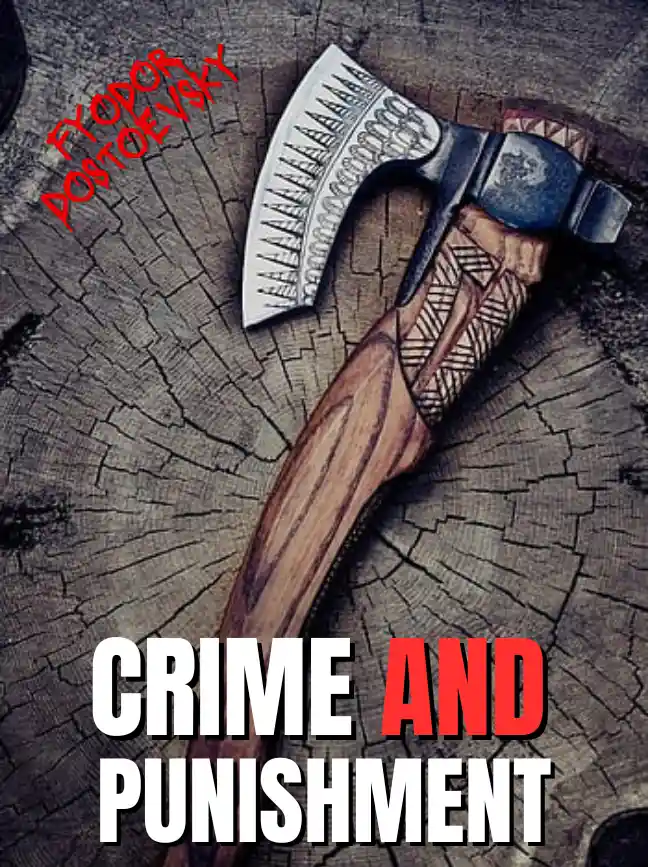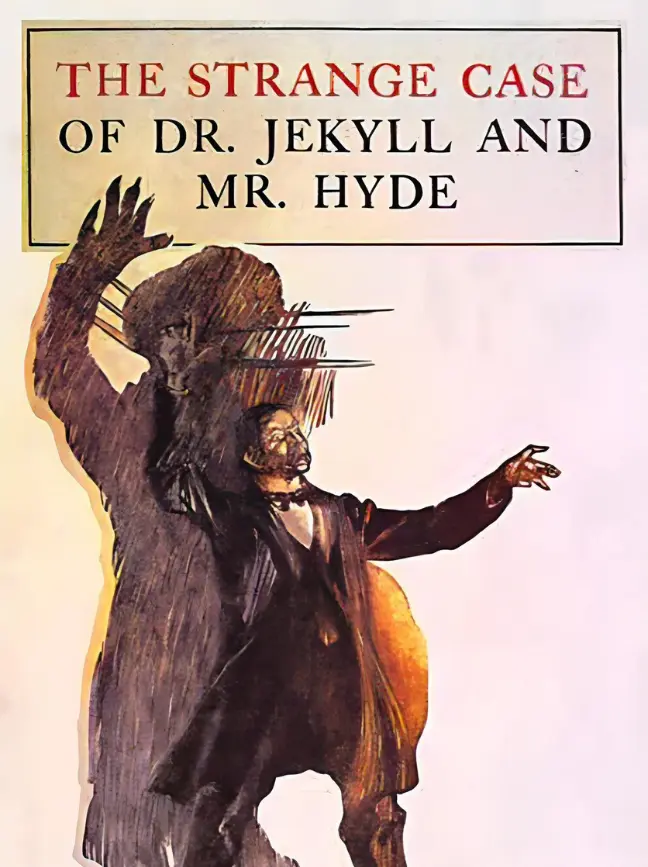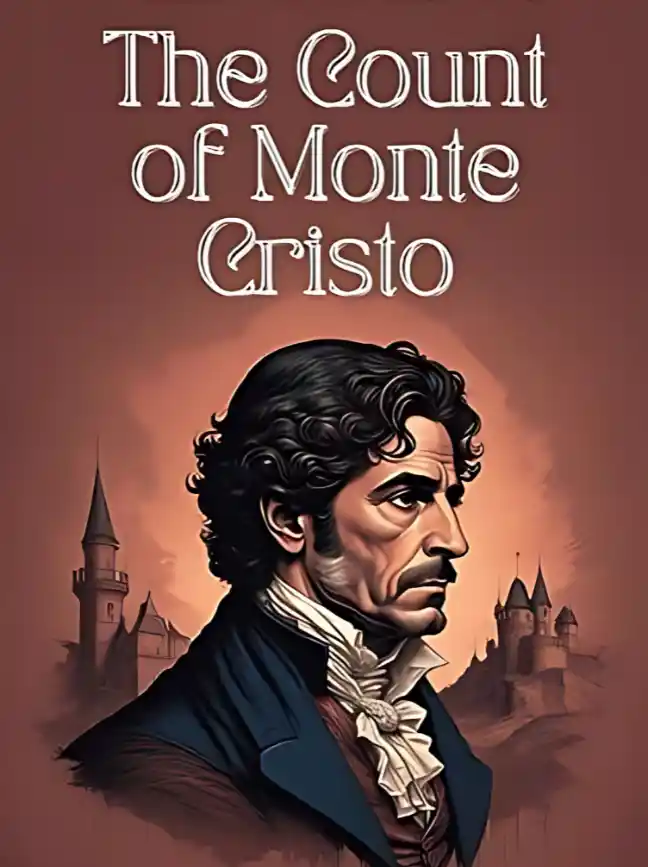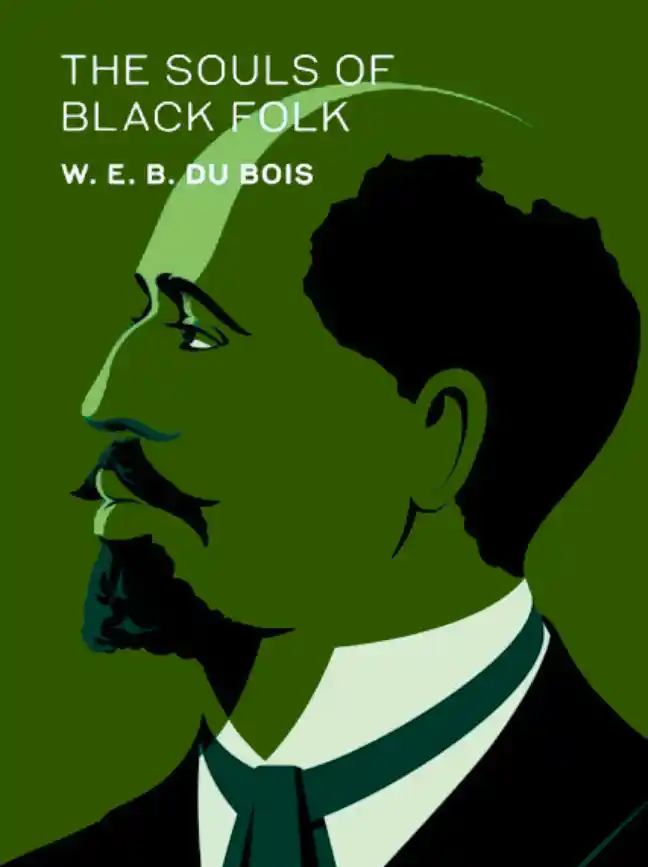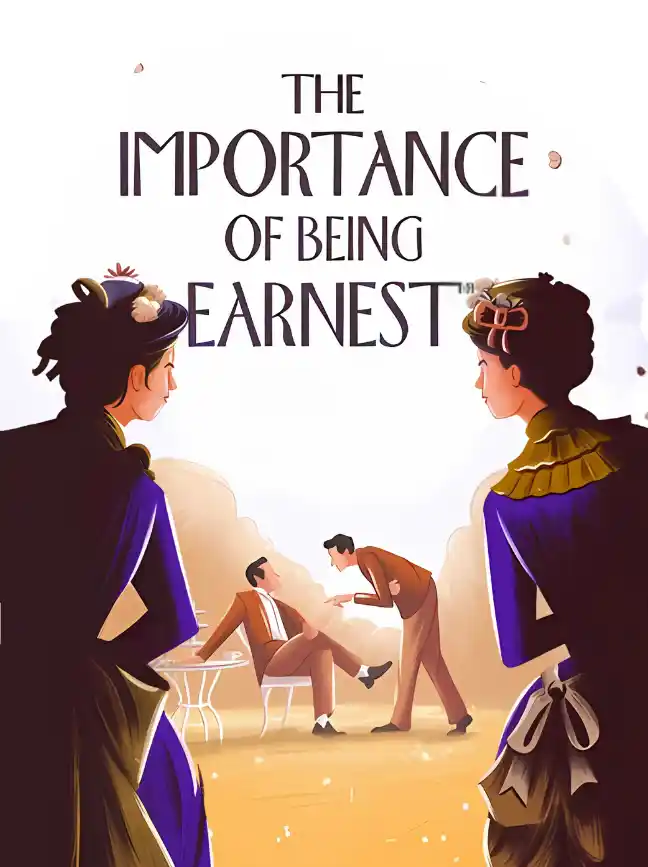The Dentist
When Curt Lemon was killed, I found it hard to mourn. I knew him only slightly, and what I did know was not impressive. He had a tendency to play the tough soldier role, always posturing, always puffing himself up, and on occasion he took it way too far. It’s true that he pulled off some dangerous stunts, even a few that seemed plain crazy, like the time he painted up his body and put on a ghost mask and went out trick-or-treating on Halloween. But afterward he couldn’t stop bragging. He kept replaying his own exploits, tacking on little flourishes that never happened. He had an opinion of himself, I think, that was too high for his own good. Or maybe it was the reverse.
Maybe it was a low opinion that he kept trying to erase.
In any case, it’s easy to get sentimental about the dead, and to guard against that I want to tell a quick Curt Lemon story.
In February, we were assigned to a region known as the Rocket Pocket, named for the occasional rocket attacks the enemy launched from there on the Chu Lai airfield. For us, though, it felt more like a two-week getaway. The area stretched along the South China Sea, with white sandy beaches, palm trees, and peaceful villages that gave off the vibe of a tropical resort. It was a calm period—no casualties, no enemy contact. However, as usual, the higher-ups couldn’t resist interfering. One afternoon, they flew in an Army dentist to check our teeth and do some minor work. The dentist, a tall, lanky young captain with bad breath, spent half an hour lecturing us on oral hygiene, showing us the proper way to floss and brush. Afterward, he set up a makeshift clinic in a small field tent, where we all took turns for quick and impersonal exams. The setup was bare-bones—a battery-powered drill, a canvas cot, a bucket of seawater for rinsing, and a metal suitcase of instruments. It was like assembly-line dentistry, and the captain seemed more focused on the clock than anything else.
As we waited, Curt Lemon started to get jittery. He kept fidgeting and fiddling with his dog tags. Eventually, someone asked him what was wrong. Lemon, staring at his hands, explained that in high school, he’d had a couple of bad experiences with dentists—real sadistic stuff, he said, like torture chambers. He didn’t mind pain or blood—he even liked combat—but dentists? They creeped him out. He glanced at the tent and muttered, “No way. I’m not letting anyone near these teeth.”
But when the dentist called his name a few minutes later, Lemon stood up and walked into the tent.
It was over in no time—Lemon fainted before the dentist even touched him.
Four of us had to lift him onto the cot. When he came to, he had this strange, sheepish expression, like he’d been caught doing something shameful. He wouldn’t talk to anyone. He spent the rest of the day sitting alone under a tree, staring at the tent, looking dazed. Every now and then, we could hear him muttering to himself. Most people would’ve shrugged it off, but for Curt, it was a serious blow to his pride. The embarrassment seemed to really get to him. Late that night, he snuck down to the dental tent, flashlight in hand, woke up the dentist, and complained of a terrible toothache—said it felt like a nail in his jaw. The dentist couldn’t find anything wrong, but Curt kept insisting, so the guy finally gave in, numbed him up, and pulled a perfectly healthy tooth. There was probably some pain, but the next morning, Curt Lemon was all smiles.

